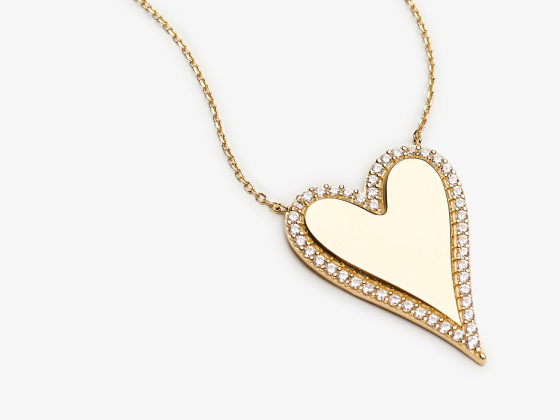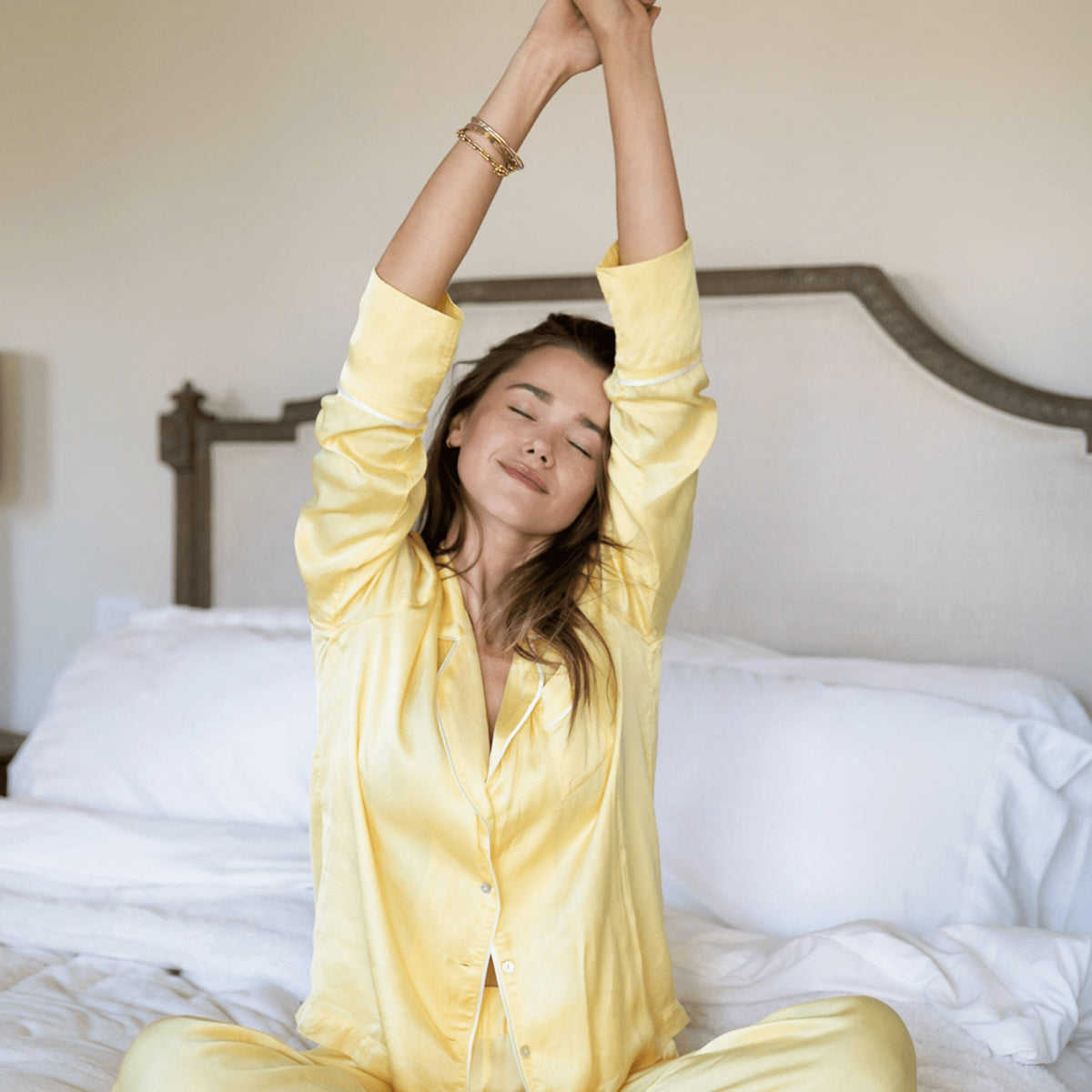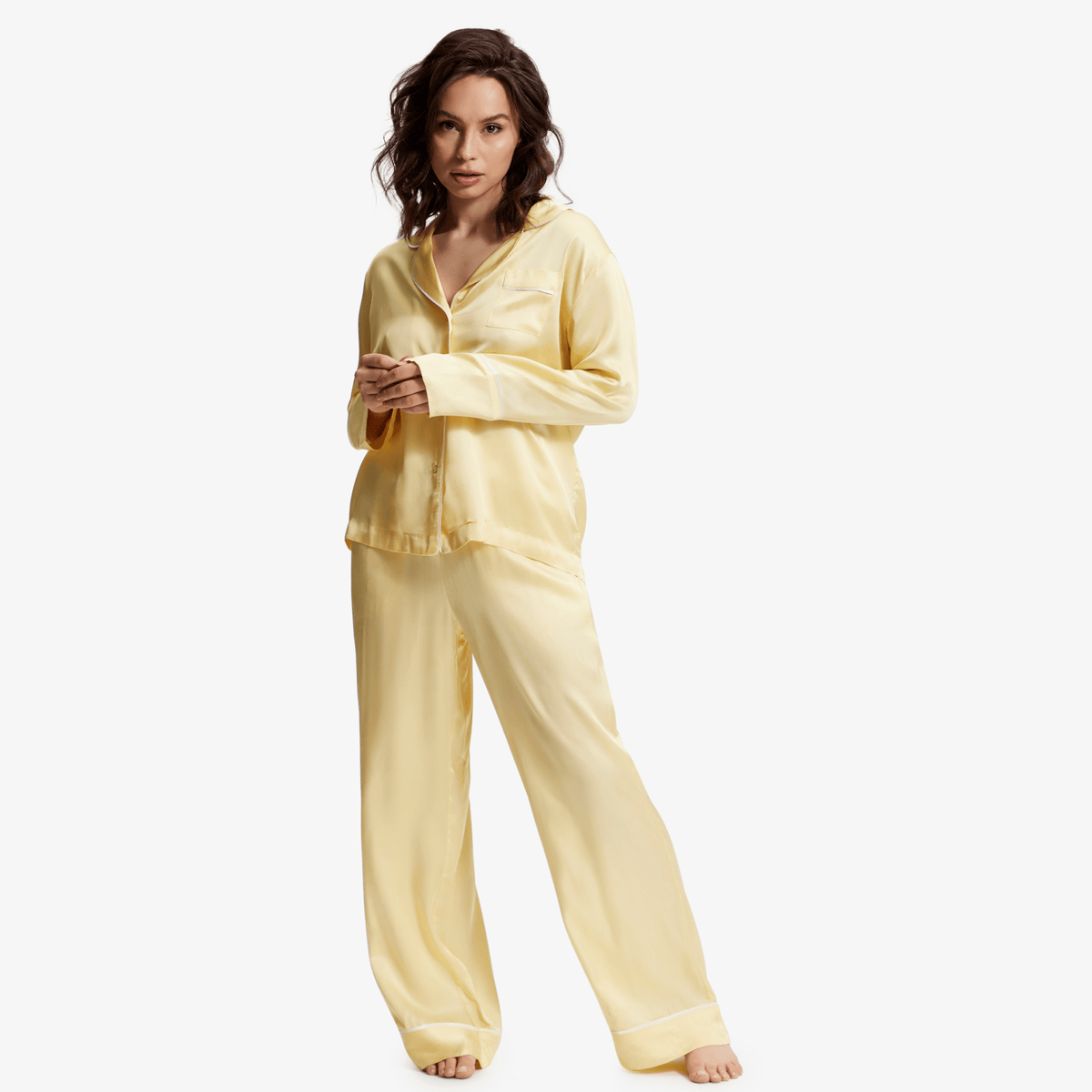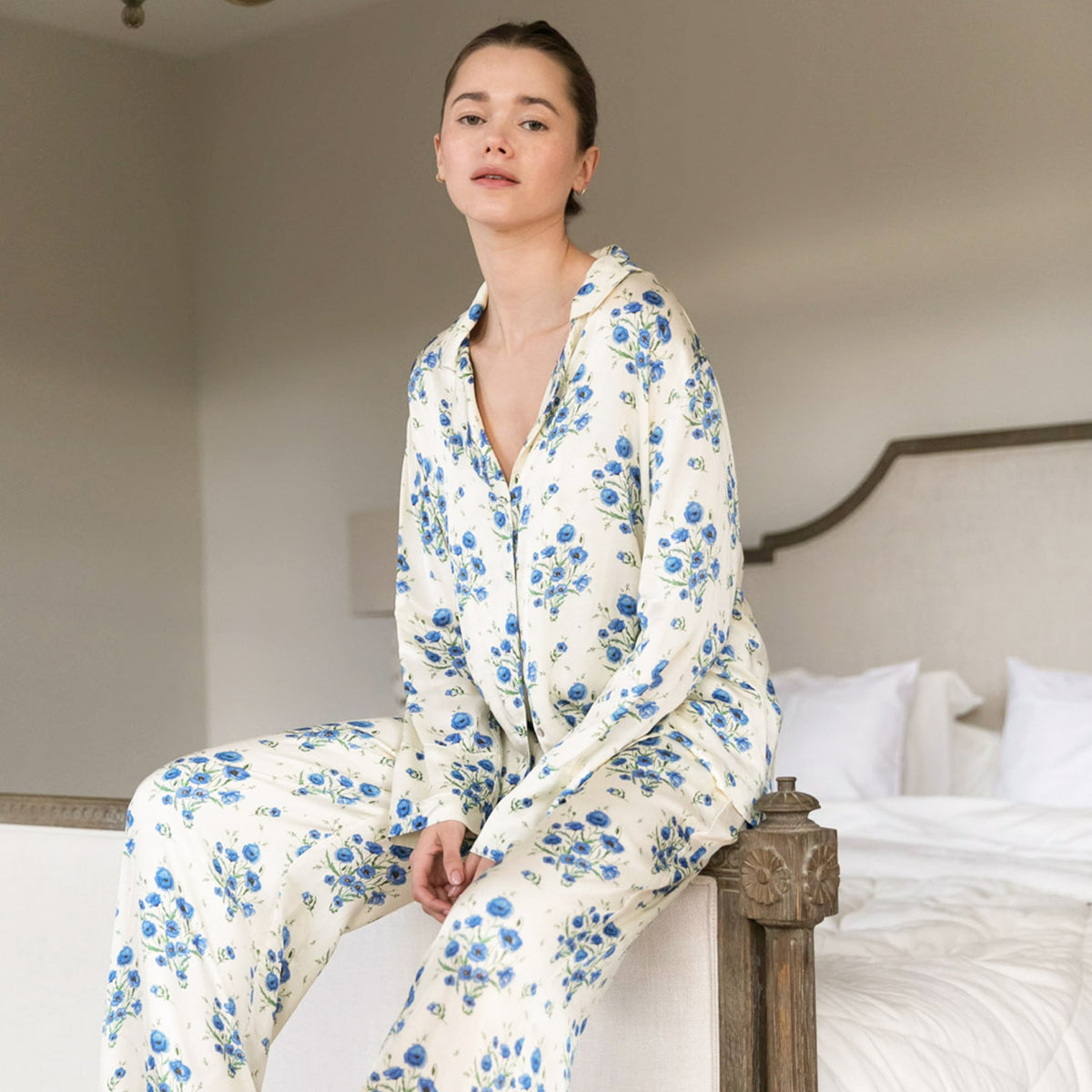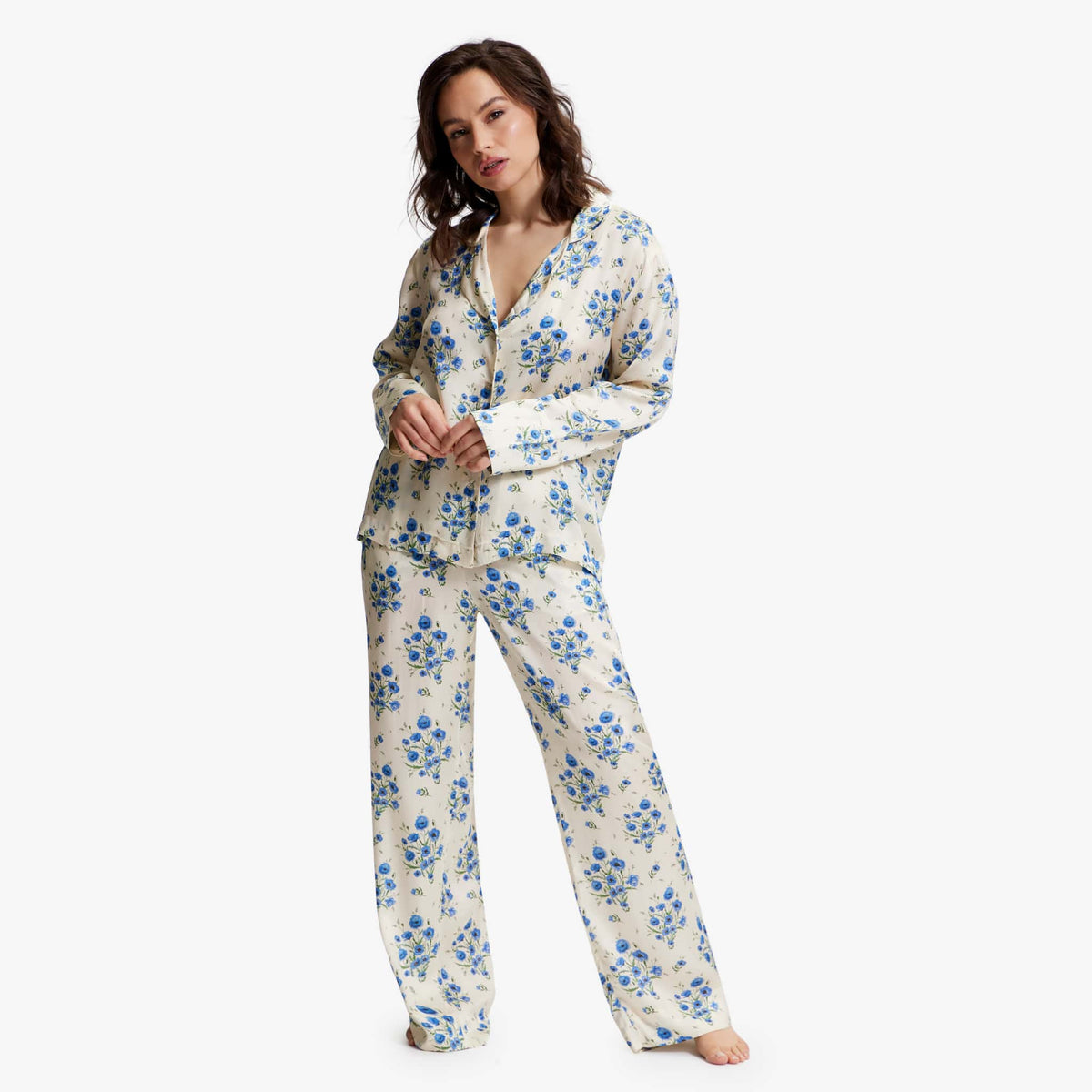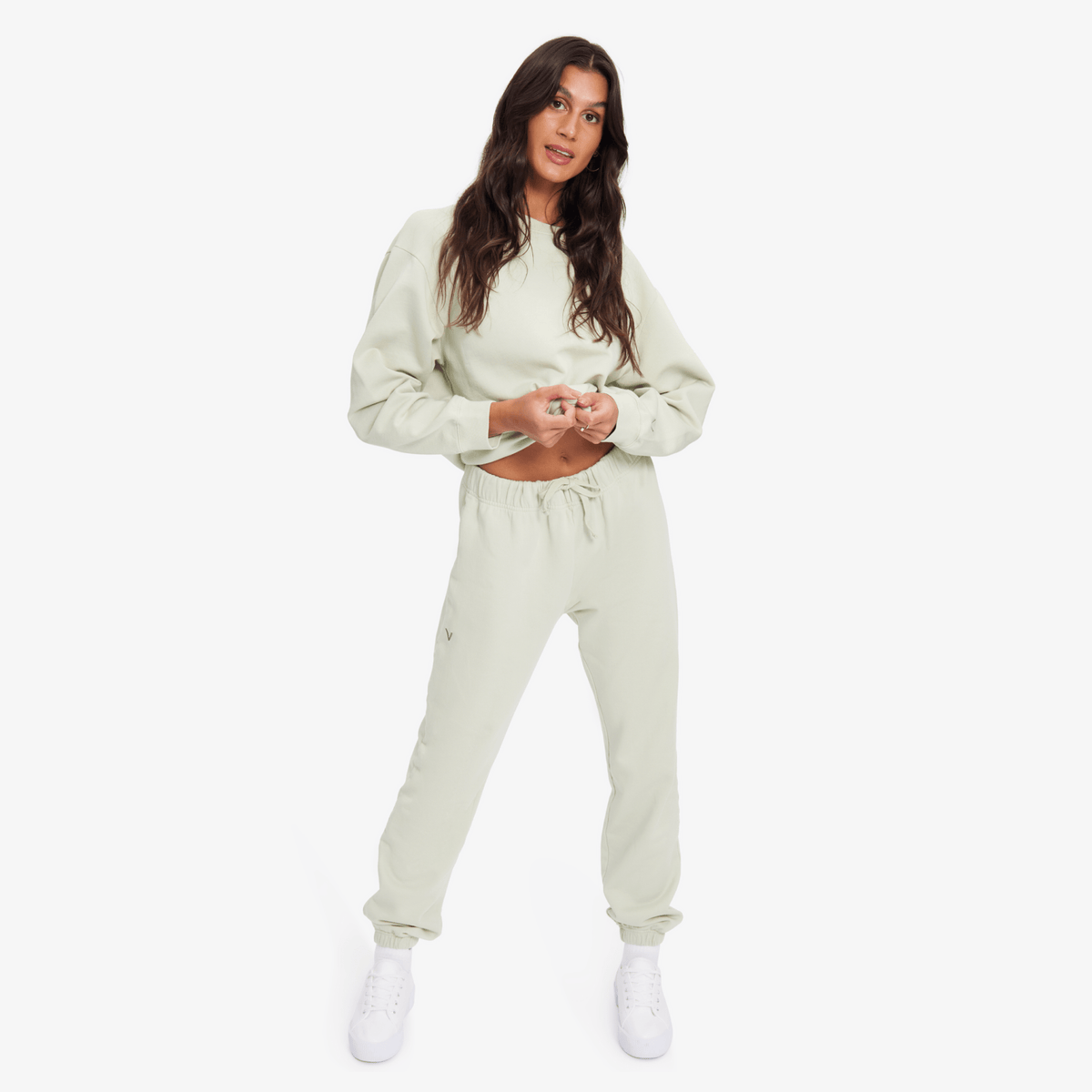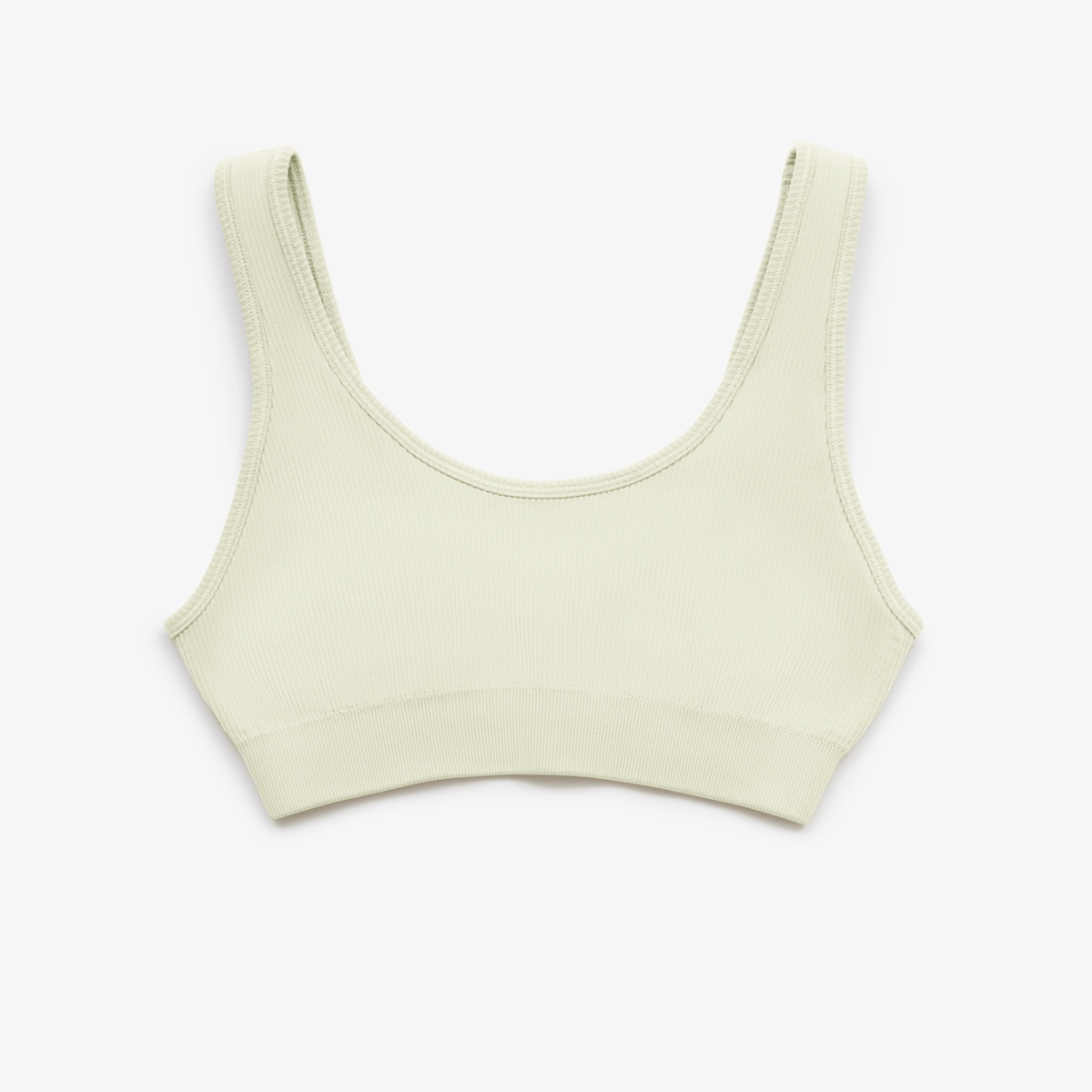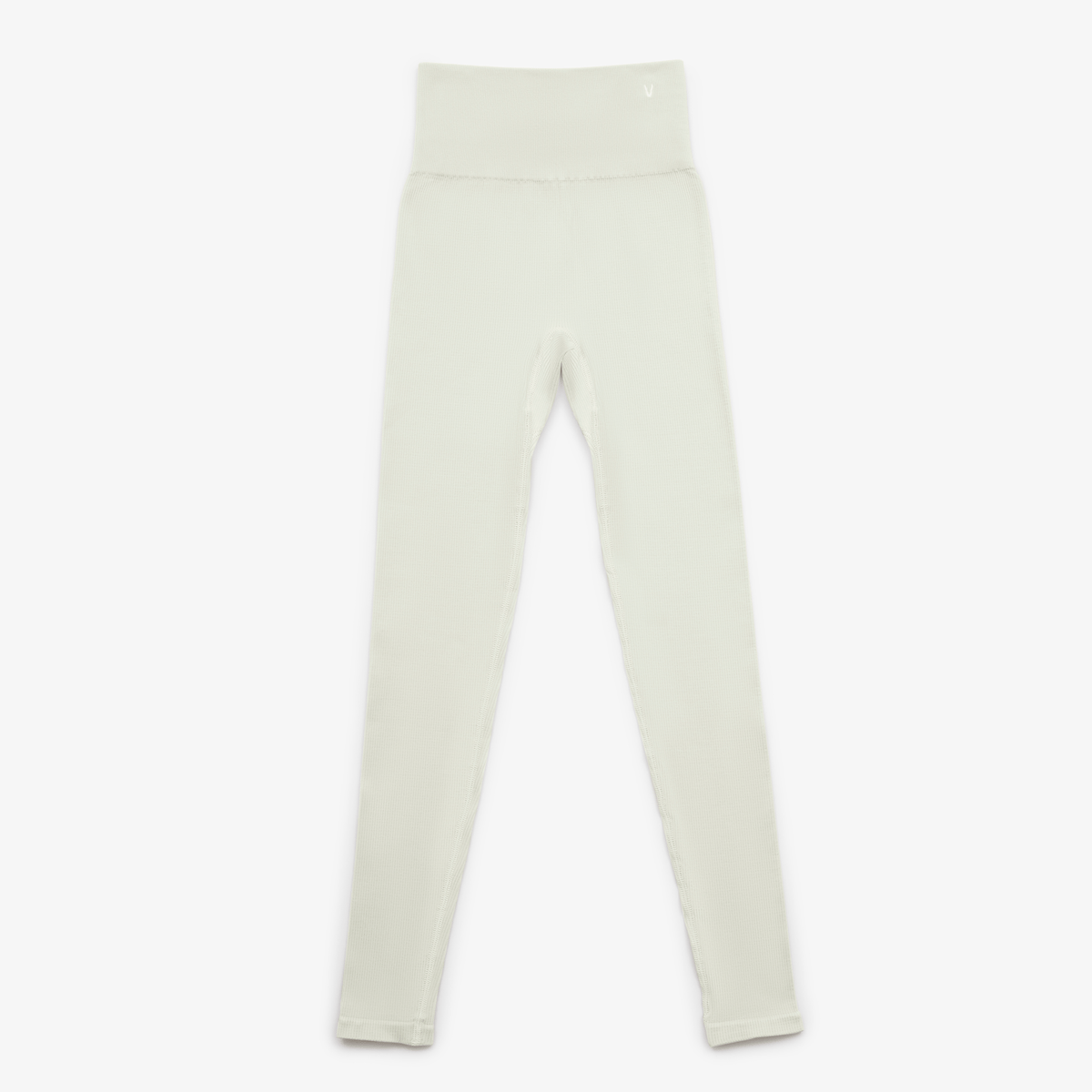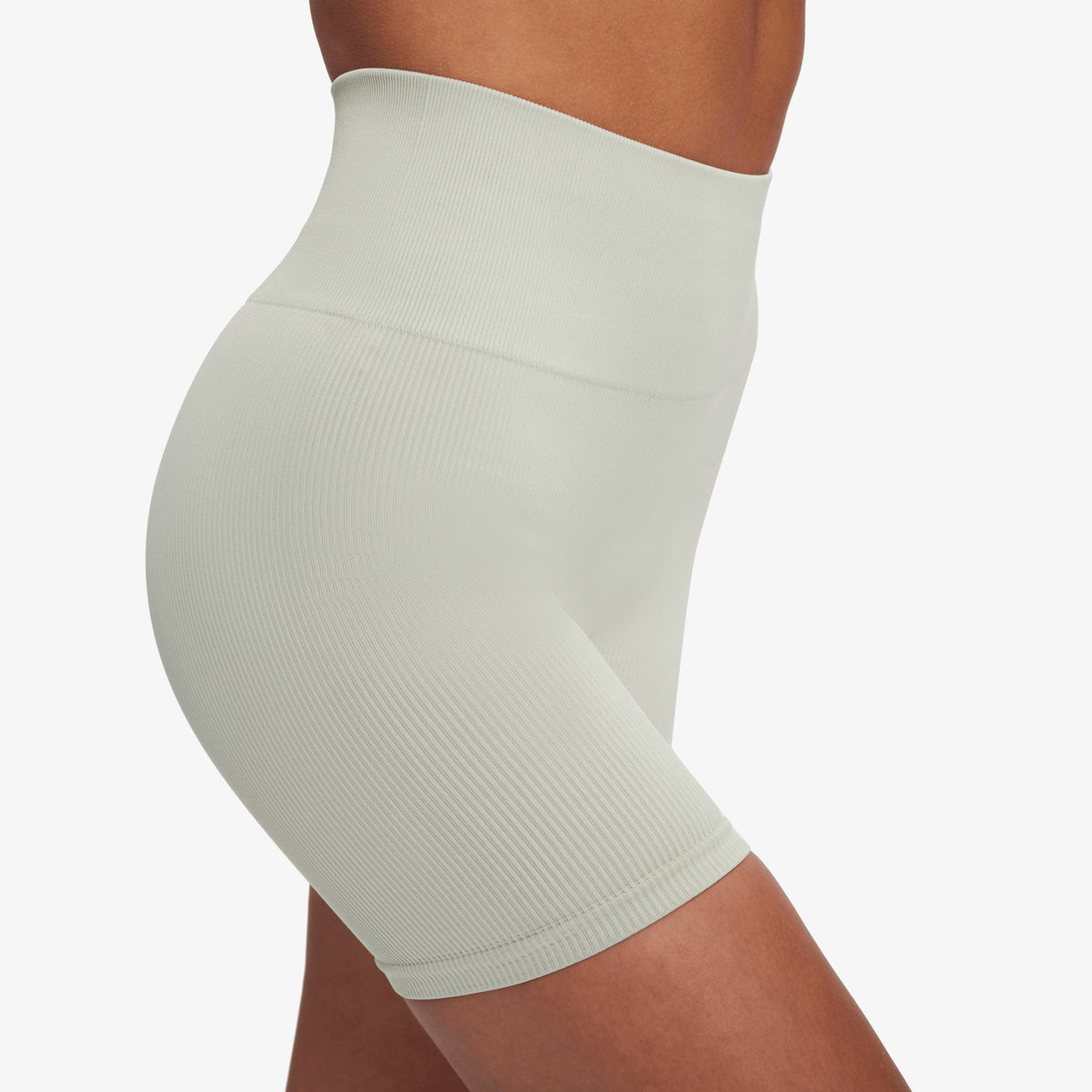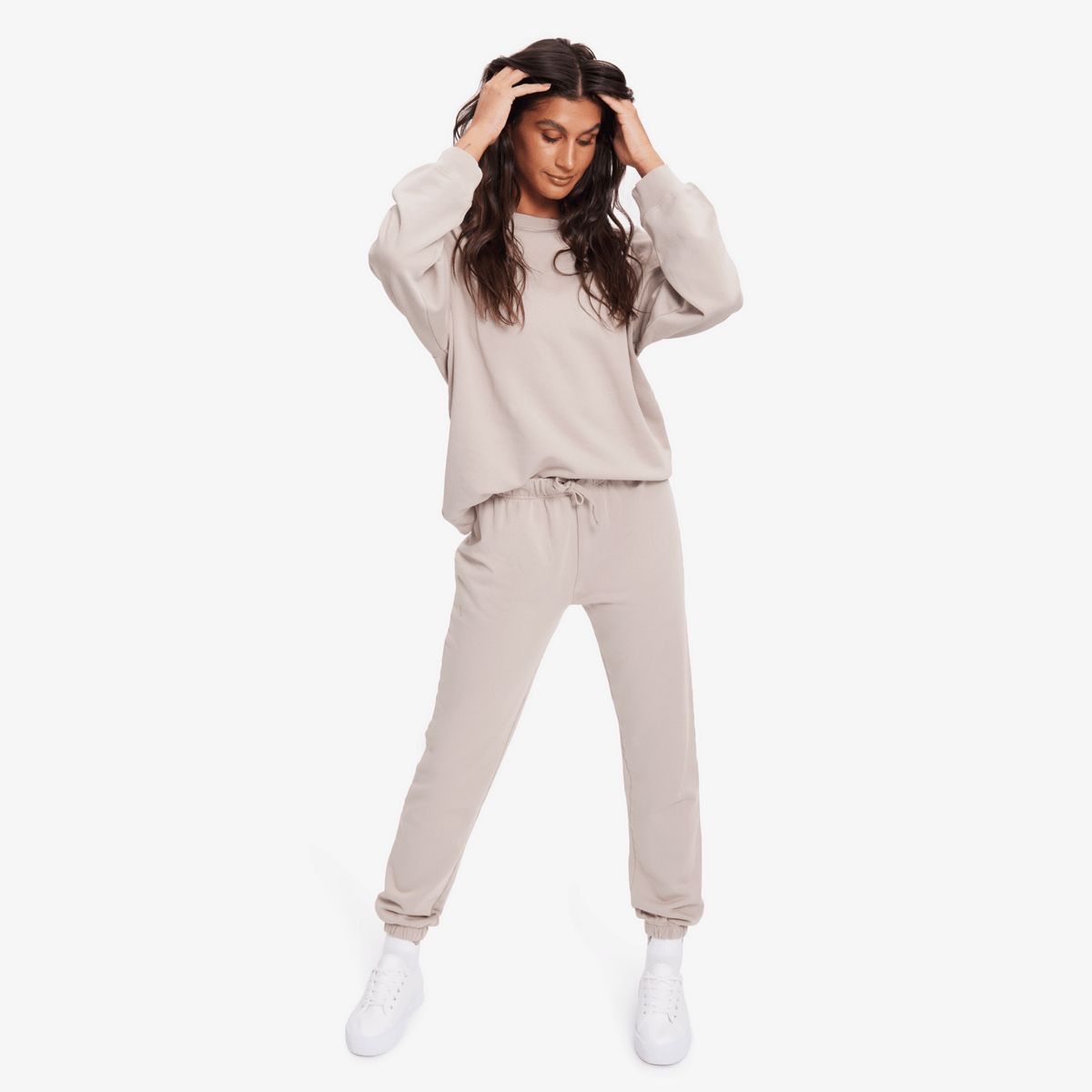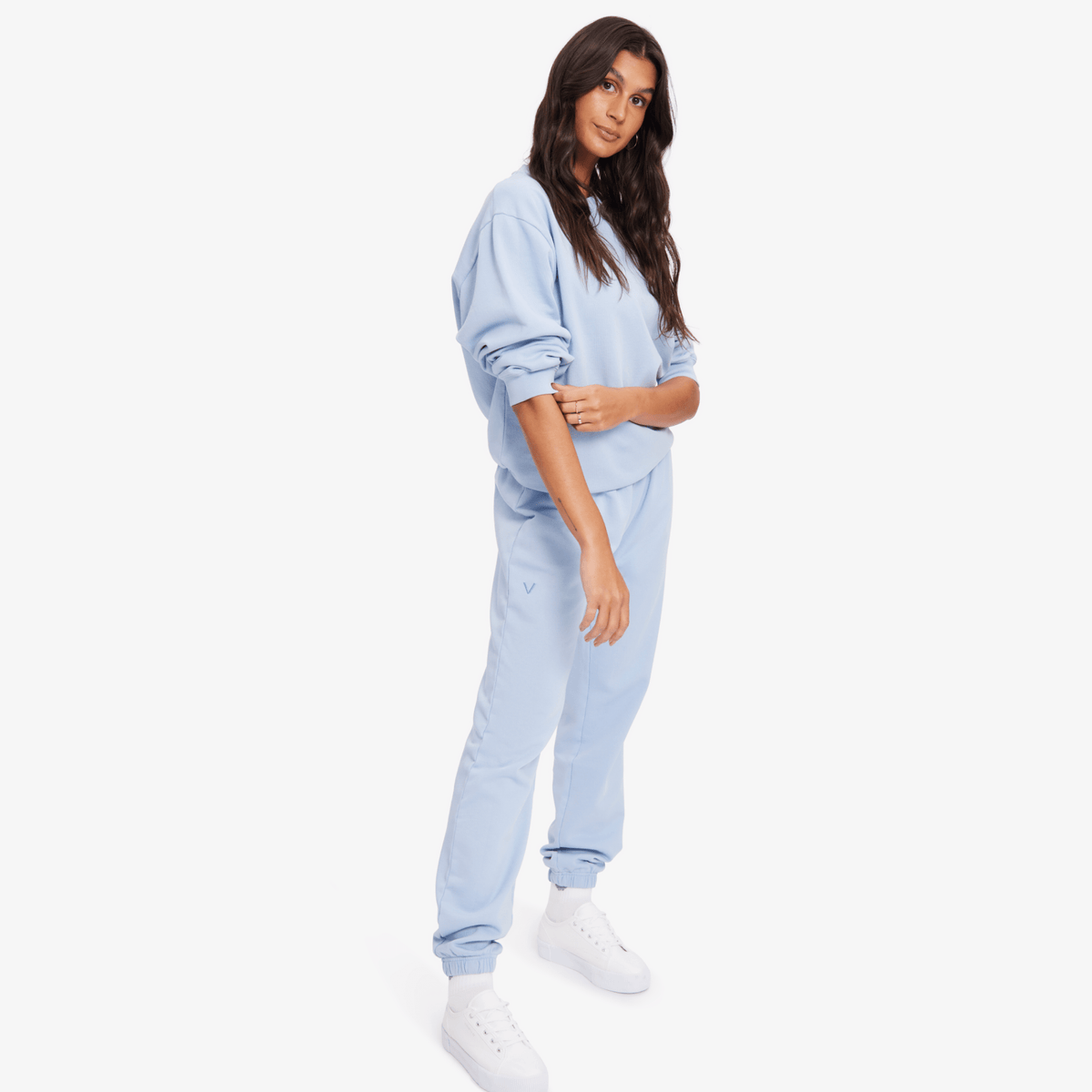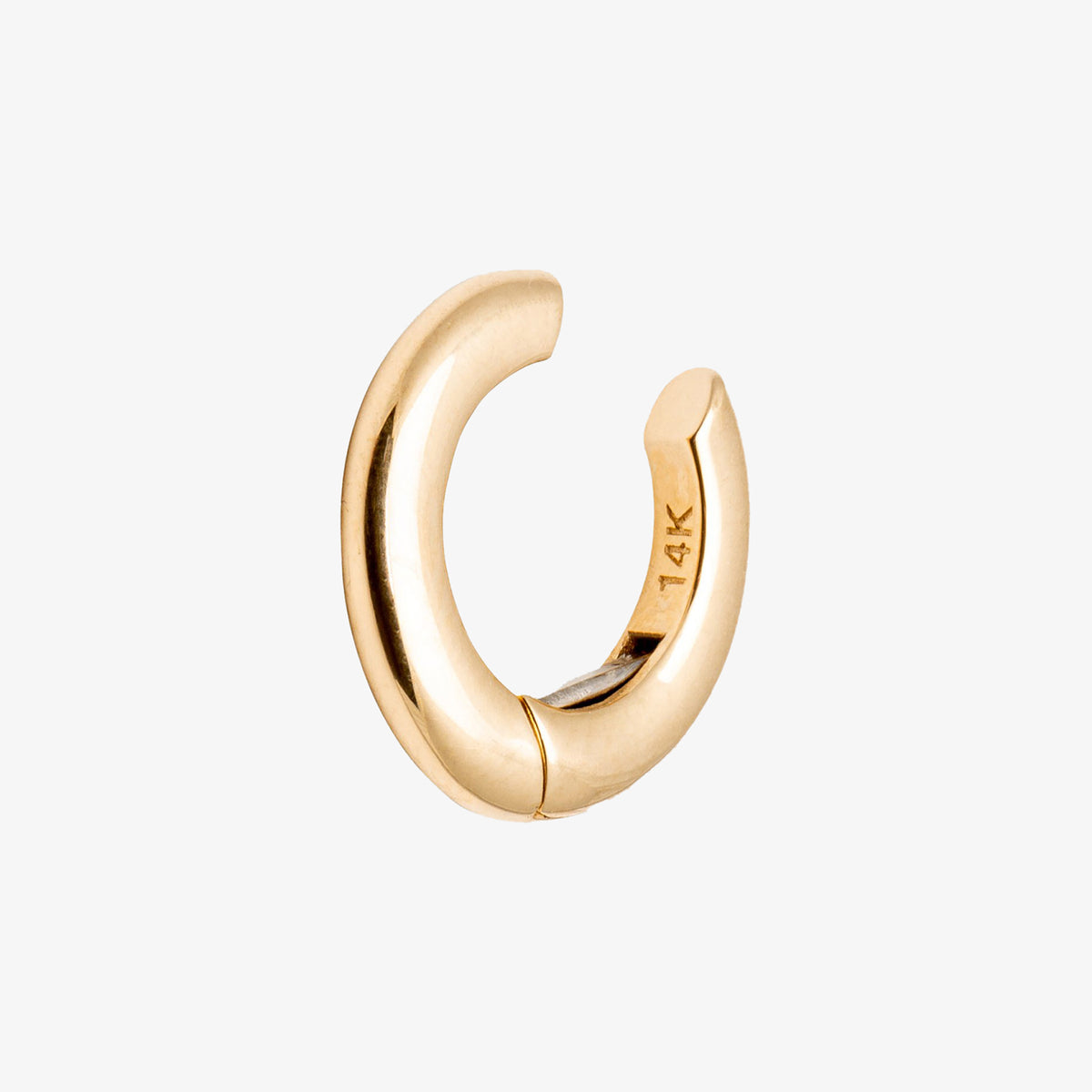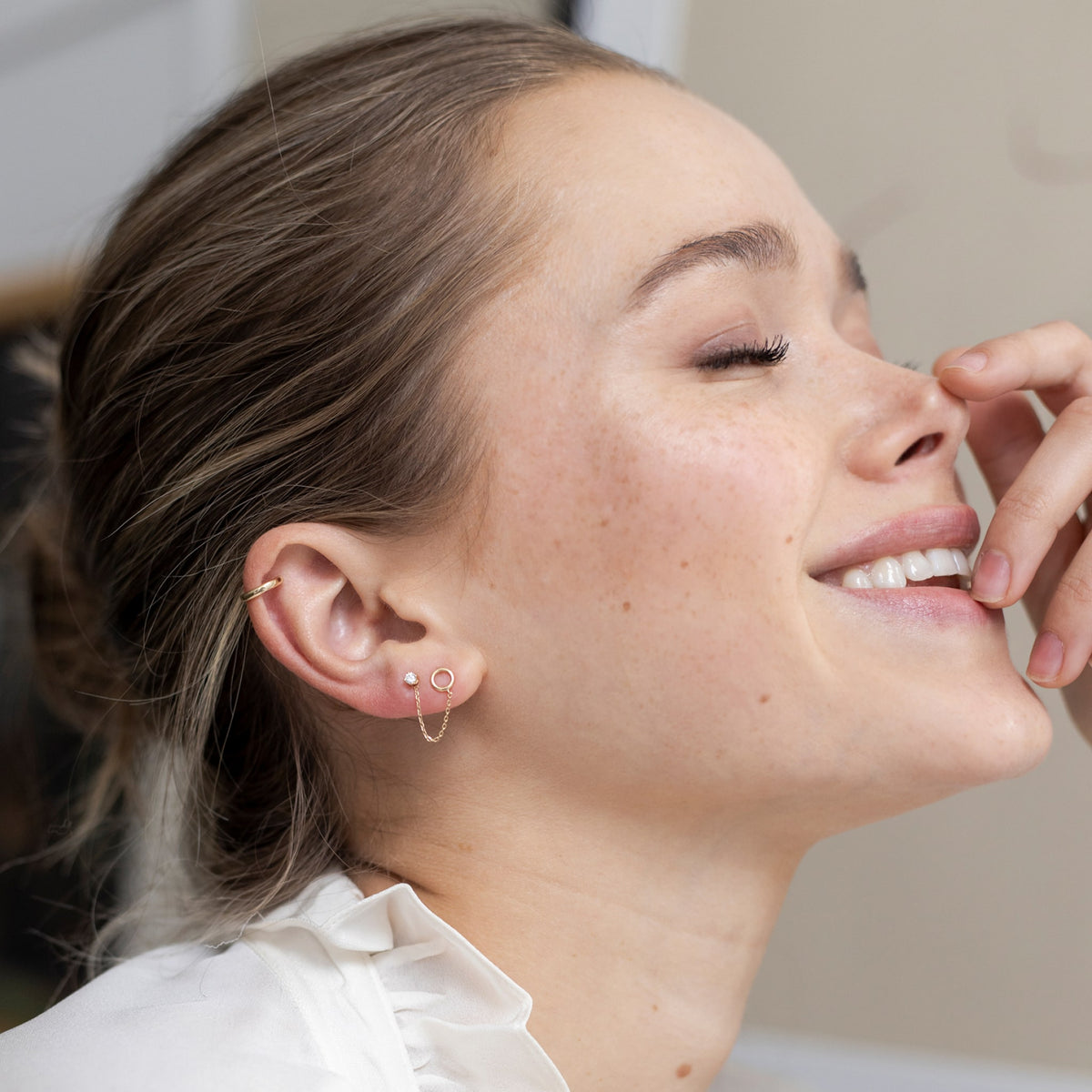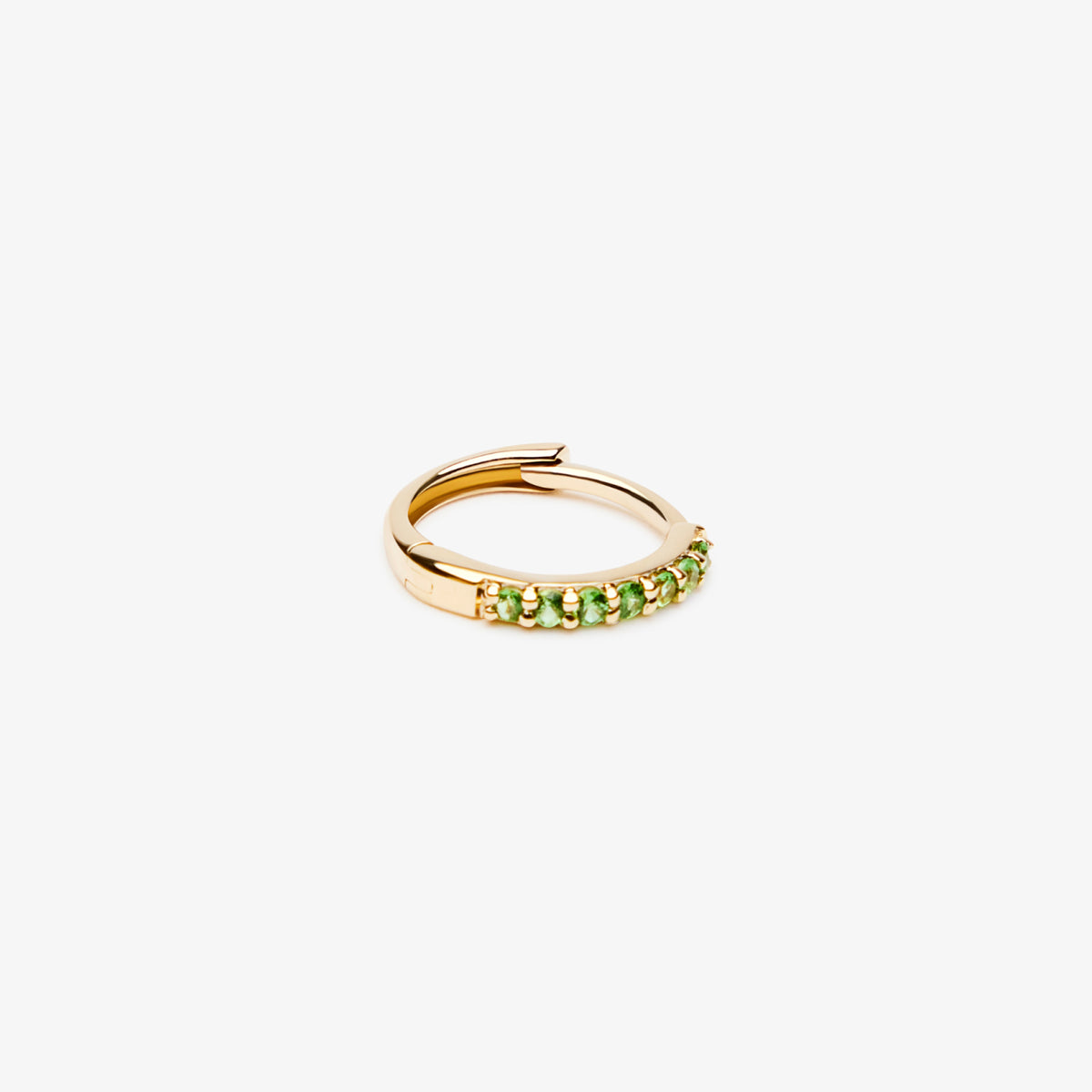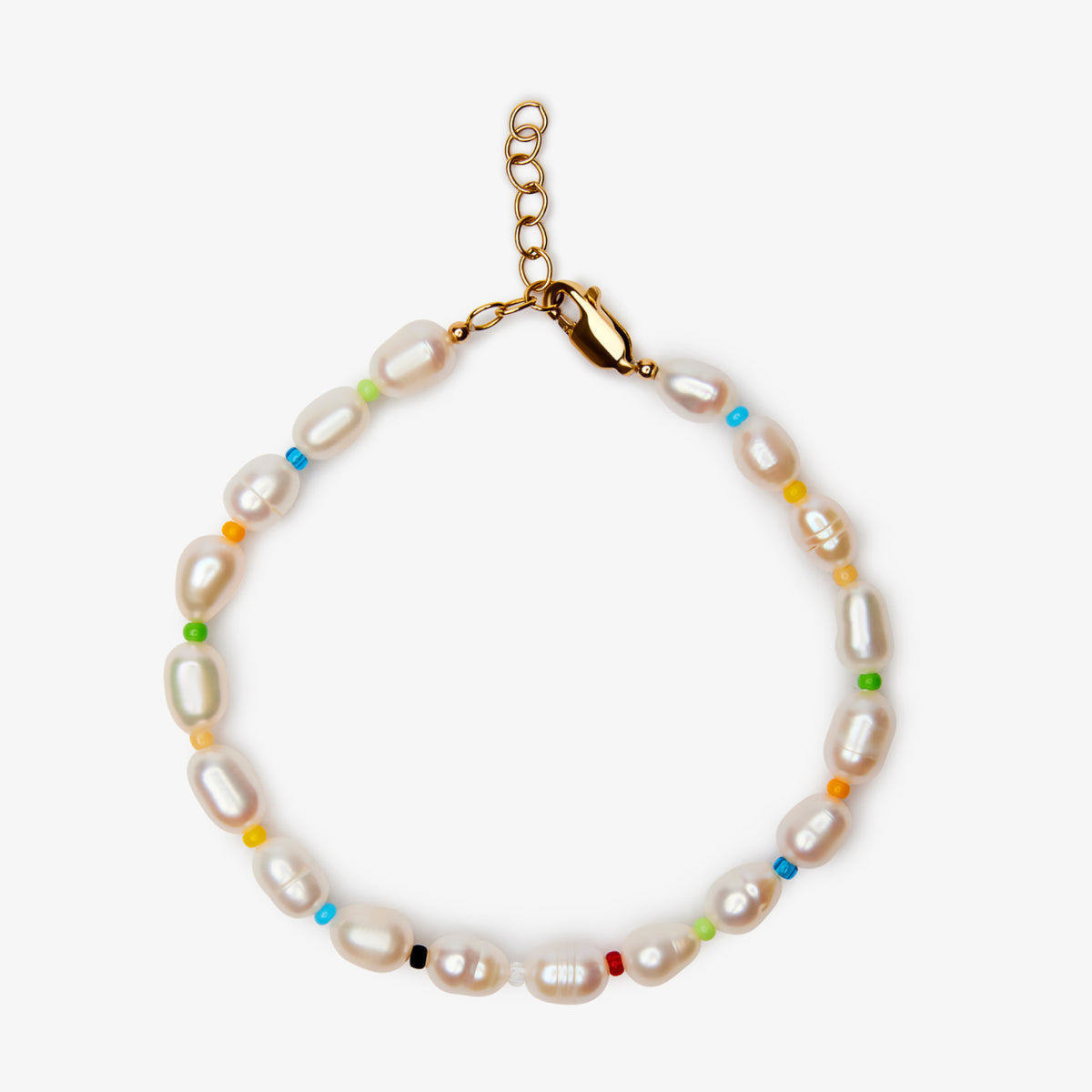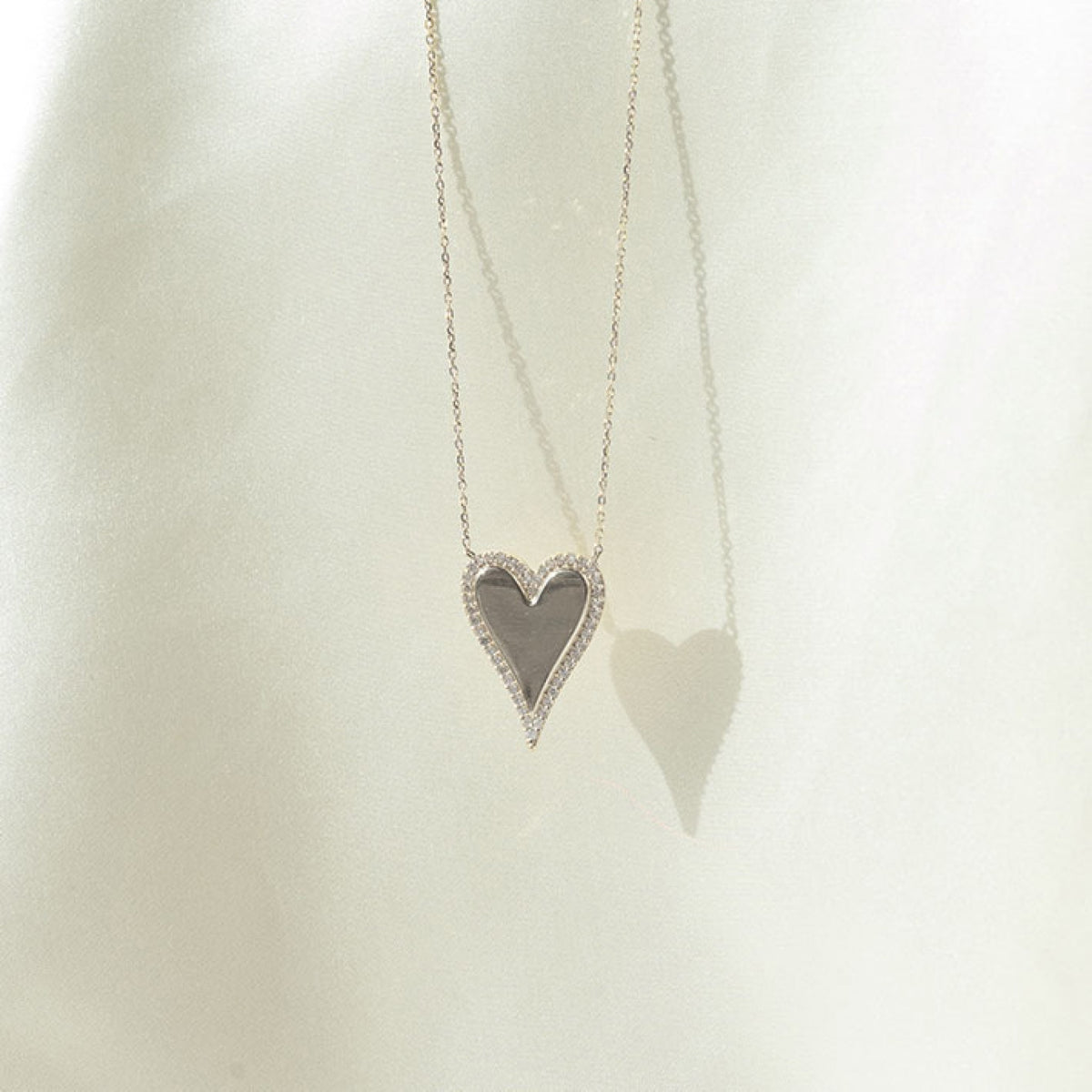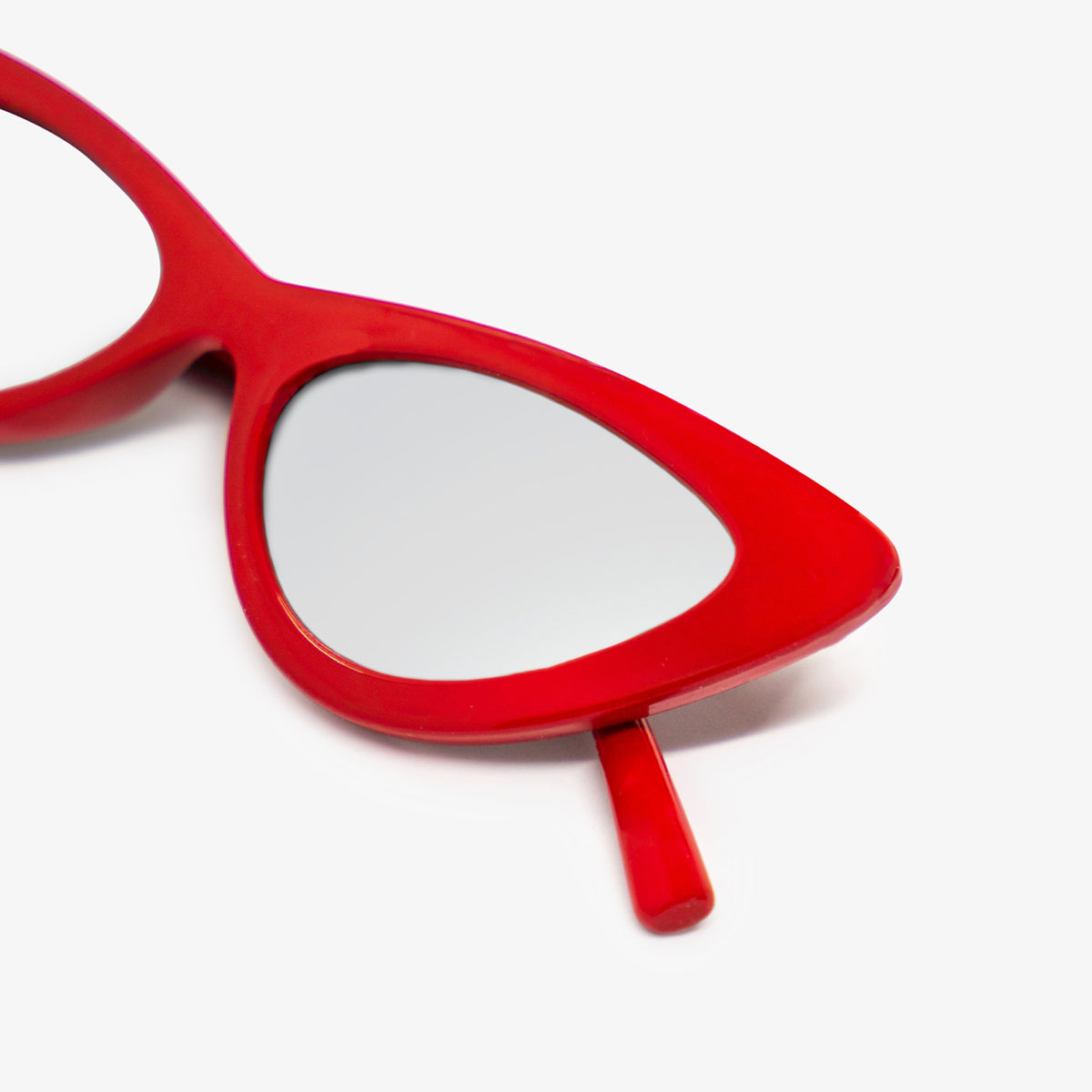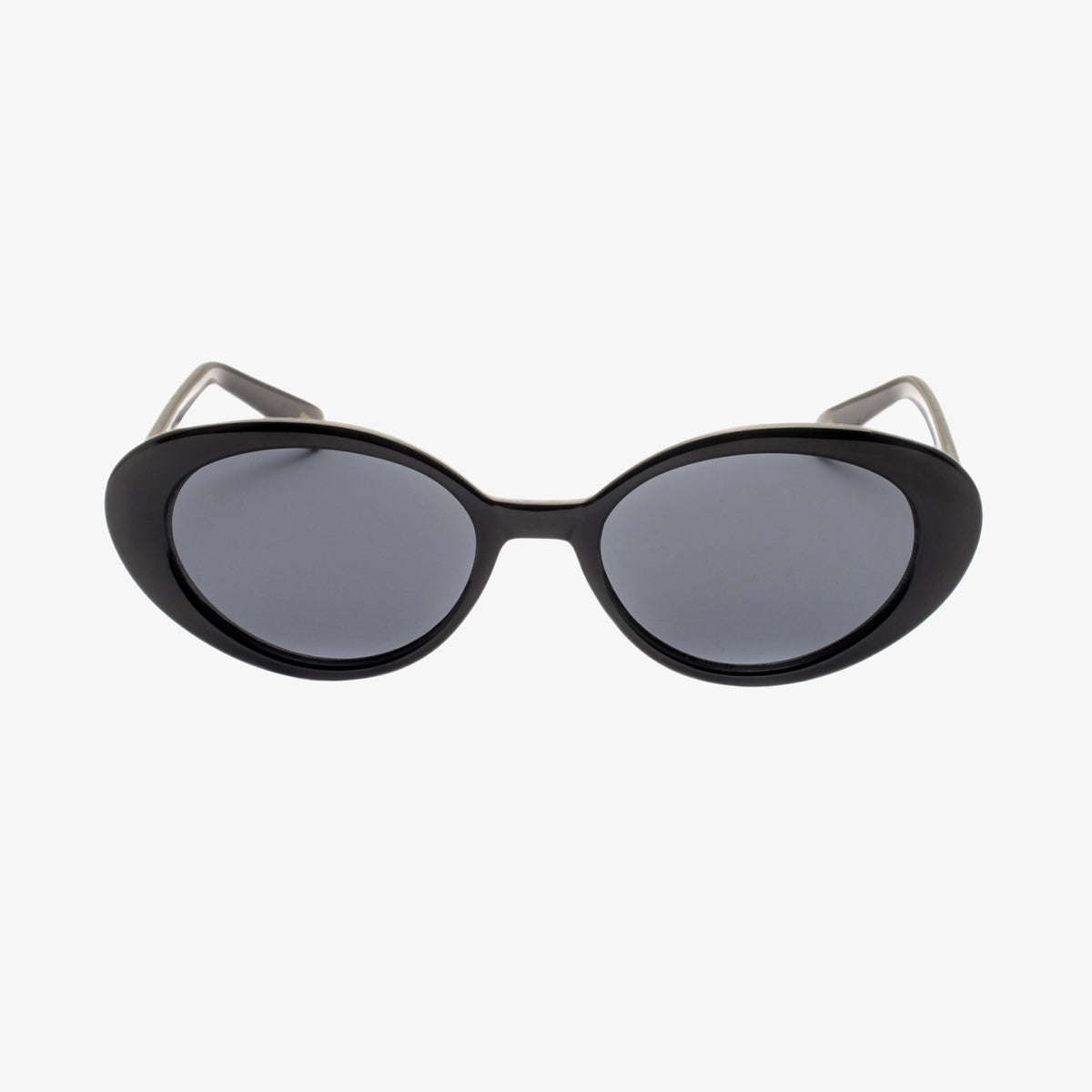Have you ever heard the statistic that the average person falls asleep in seven minutes? Who are these people? Their comforters must be next level. We know that sleep is important for recovery and overall health, but a lack of sleep is connected to several serious health issues like high blood pressure, obesity, and insulin resistance. I get it though, sometimes it can feel like no matter what you do, or how well you plan, you just can’t seem to fall asleep or stay asleep. We know the obvious reasons for this like watching an adrenaline pumping movie or incredibly intense series (anyone want to talk to me about Euphoria?) right before bed or being really stressed out, but you may not have considered these six surprising reasons you can’t sleep.
Light Exposure
Exposure to all light plays a huge role in our circadian rhythm (sleep schedule). Our bodies evolved to rise and sleep with the sun, but that obviously isn’t a viable way of life in the 21st century. This doesn’t mean we can't replicate our ancestrally laid routines in a modern way. Try to replicate the rising and setting of the sun by dimming lights about two hours before your intended bedtime to help your body release melatonin (the sleep hormone) and wake up with the sun in the morning. If waking up at the crack of dawn isn’t in the cards for you, I would highly recommend a sunrise alarm clock that wakes you up gradually by increasing light exposure in your bedroom.
All light exposure is going to affect the release of melatonin, but blue light specifically, which is the type of light that our electronics emit, has the strongest impact on our body's ability to release melatonin (Harvard Health Publishing, 2020). As you start thinking about going to bed, try dimming the lights and grabbing a book as a relaxing alternative to TikTok or Netflix (this is going to be hard, but trust us, it'll be worth it). Managing our exposure to different lights can be a great first step in creating a healthy and effective sleep routine.
Lack of Routine
We’re creatures of habit and rhythm, so it’s no surprise that it’s important for our bodies to know what we expect of them on a day-to-day basis. Having a consistent sleep schedule could be the key to solving your insomnia woes. Sleeping-in on weekends, intermittent naps lasting longer than twenty minutes, and going to bed at vastly different times every night are all known contributors to sleeping problems because our bodies are in a constant guessing game. Teaching your body when it's time to go to bed and when it's time to wake up is important when it comes to getting consistent, restful sleep. Along with dimming lights and ditching electronics, brushing our teeth, having a warm shower, and reading a book can all teach our bodies to know when sleep is expected, and they will begin to respond accordingly.
What You’re Drinking
Many of us may find that a nice glass of wine after a long day helps us relax and fall asleep, and you wouldn’t be wrong. Alcohol is a sedative and can help to reduce the amount of time it takes us to fall asleep, but it has a negative effect on the overall quality of sleep and our ability to stay asleep (National Institute on Alcohol Abuse and Alcoholism). It also exacerbates pre-existing sleep conditions, like sleep apnea. Everything in moderation is a good rule of thumb in most aspects of life, but if you find that you’re not waking up well-rested, try cutting back on alcohol consumption or at least shift your last drink further away from bedtime.
You may not be surprised to hear that caffeine affects our sleep patterns, but it could be impacting you more than you think. As coffee drinkers, we all have that cut-off time or safe zone for when we believe we can consume caffeine and still sleep like a baby, but the reason you’re in the constant cycle of needing coffee every morning to get through the day might just be because you’re not getting enough restful sleep.
Even though we may not feel the jittery effects of caffeine on our body as we go to bed, it could still be working silently against our body’s longing for sleep. Normally, when we start to get tired after a long day, our brain releases a compound called adenosine, which signals to the body that it’s time to prepare for sleep. Caffeine essentially blocks adenosine from signalling that we are tired so your body never gets the message that it’s time to rest. This is why coffee is the perfect drink for late night study sessions, but not so great for a good night’s sleep. Try reducing the amount of caffeine you consume - and if that is a scary thought (we feel you) - try reducing any intake in the afternoon to gauge how well-rested you feel the next day.
Room Temperature
Our bodies do some amazing things while we sleep, like slow down our heartbeat, flood our systems with hormones, and inflict temporary muscle paralysis (a scary thought, I know, but this is our body’s way of ensuring our body wakes up as well-rested as our mind does). When we are in REM (Rapid Eye Movement) sleep, the most important stage for rest and recovery, our body loses the ability to thermoregulate. This is why it’s important to sleep in a cooler environment. A lower room temperature will not only signal to our body that it's time to sleep which in turn reduces the time it takes for you to fall asleep, but it helps you stay asleep while transitioning through the many sleep cycles you go through during the night. A cold environment during sleep increases our body’s metabolism, slows down heart rate and breathing, and heightens the production of growth hormones - all critical components of tissue recovery and healing.
Eating Habits
Proper sleep and a well-balanced diet are important ingredients in maintaining a healthy body, but these two factors may be more connected than you think. I’m sure everyone has experienced the fatigue and inevitable post-dinner nap, when you’ve eaten your body weight in garlic bread or whatever delicious carbs you're currently dreaming of. Although it is true that certain foods, like pasta and turkey, make you tired and drowsy, high quantities of these foods close to bedtime are not aiding in staying asleep or getting restful sleep. In general, a well-balanced diet consisting of a variety of fruits and vegetables is going to give you the wide range of vitamins and minerals like vitamins A, C, E, as well as folic acid, magnesium, and zinc, all of which your body needs to function and sleep efficiently (Better Health). Although it is best to avoid eating at all during your last waking hours, foods that are especially fatty, spicy, and sugary will disrupt your sleep the most.
Hormonal Changes
We know that melatonin is the hormone our body releases to signal to our body that it’s time to sleep. We also know that stress hormones like cortisol and adrenaline work against our body’s instinct to fall asleep. What we might not realize is that any sort of hormone imbalances or changes can affect the quality of our sleep. Anxiety and depression are two of the most common hormonal imbalances in our brains that many of us will experience at some point in our lives and they can both impact our sleep patterns. This is just one more reason to speak to your clinician and a therapist to talk about your mental health and how sleep may be affecting you and your overall well-being. You may also find that you have trouble sleeping during specific stages of your menstrual cycle, due to a reduction in progesterone levels (a hormone responsible for body temperature regulation). A good tip is to write down all these possibilities if you're experiencing a shift in sleeping pattern or have a prolonged period of time where sleep is evading you. Take this list to a health professional and have questions ready so you can pinpoint issues - because we all deserve a good night's rest after these past few years.
Read Next: 5 Healthy Habits To Make Resolutions Easy
Sources:
Why You Should Limit Alcohol Before Bed For Better Sleep
Sleep, Sleepiness, and Alcohol Use
Why Does Too Much Caffeine Keep You Awake At Night





